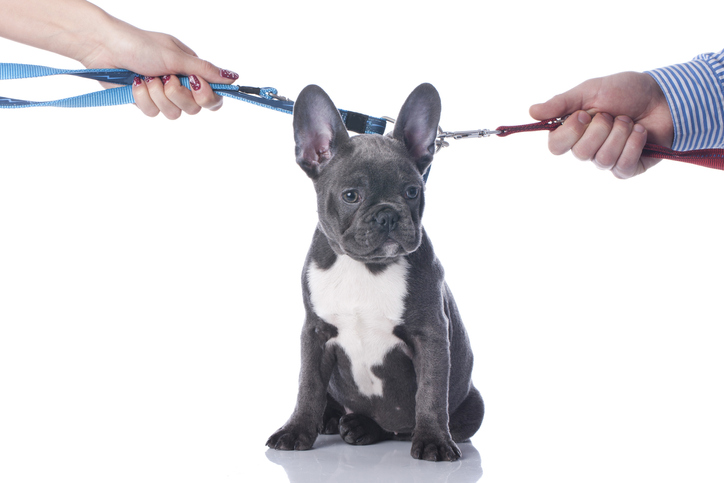Deciding Who Gets the Family Pets After a Divorce

For many people, pets are like part of the family. However, they are not treated that way in a divorce. The law in Pennsylvania, as in most states, doesn’t provide for awarding pet custody or visitation. Pets are considered personal property subject to equitable distribution. That means a judge will grant ownership of the animal to one spouse or the other according to what is deemed most fair.
Some states have changed their laws regarding the treatment of pets in divorce. In Alaska, Illinois and California, family law courts can consider what is in the best interests of the pet, similarly to how they determine the appropriate visitation and custody arrangement for a couple’s minor children.
In a Pennsylvania divorce, however, no consideration will be given to the pets’ best interests. Pets can be part of a property settlement between you and your spouse, but a settlement cannot award visitation or shared custody, nor can it dictate who pays the cost of veterinarian bills, pet food and other expenses. Such provisions have been held unenforceable, with one court calling them “analogous, in law, to a visitation schedule for a table or a lamp.”
If you and your spouse can’t agree on who gets a pet, it’s important to make a clear case for why the court should award ownership to you. You can do this by presenting evidence that shows:
- The pet was yours before marriage — Property owned prior to the marriage is generally not subject to division during divorce. Look for receipts, adoption records, or other paperwork that establishes your ownership of the pet prior to your marriage.
- The pet was a gift — If someone gifted the pet to you personally rather than to you and your spouse jointly, look for documentation that shows this. Try to find birthday cards, photos, or other documentation associating the pet with a special event in your life.
- You are the pet’s main caretaker — If you typically take the pet to the vet’s office or pay for the pet’s food, training, or other expenses, try to find documents that prove this. Look for paperwork with your name on it. For example, an obedience school certificate that lists your name as the owner, combined with other documents, can be compelling evidence.
If you’re concerned about keeping your pet in a divorce, it’s important to raise this issue early on in discussing your case with your attorney. At The Law Offices of Jennifer Courtney & Associates, P.C., we are experienced in resolving contentious property issues during divorce. We serve clients throughout Bucks County, including Newtown, Washington Crossing and Richboro. Call us at 215.493.3360 or contact us online to schedule a consultation.
